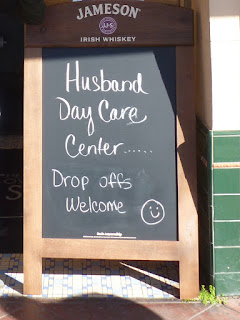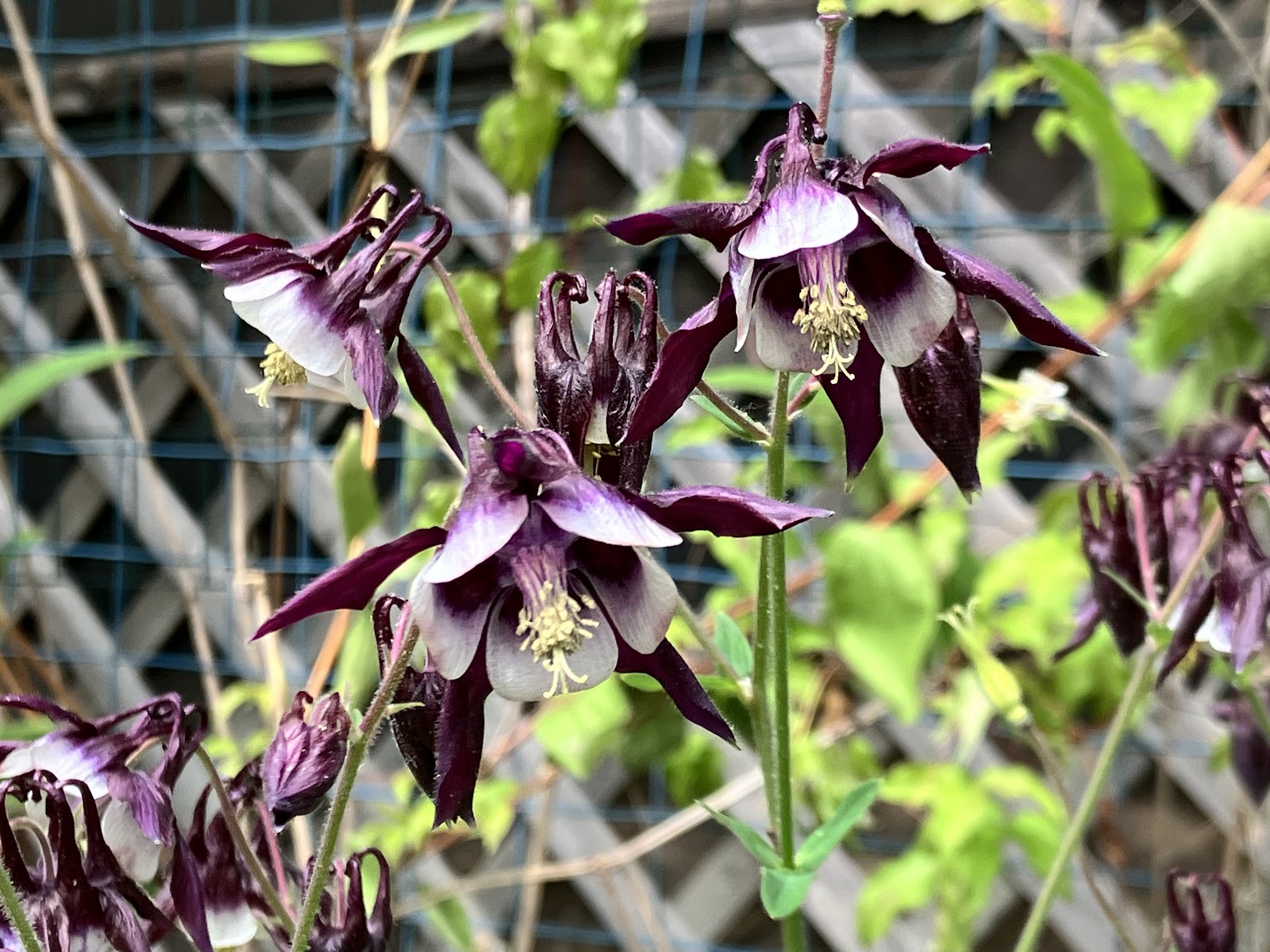For Sale
Now that parents are looking at the prospect of having their kids home for the rest of the year and maybe beyond, many parents who can afford it are looking into bringing in a nanny to watch their children at home.
In a story on NPR's All Things Considered, a professional nanny shared her qualifications: She has 17 years of child care experience. She is a chef. She can do light housework and she makes up little songs to get kids to do even tasks that they normally refuse to do. Sounds like she loves her job and is good at it. In normal times, her credentials should make her service very marketable. Yet, prospective employers are currently looking for something else that is beyond her training and skills: Having had COVID 19.
I was stunned when I heard that. It is amazing how capitalism reaches new height everyday. People who work as nannies already have to venture out everyday during the pandemic, risking their safety in order to make a living. Do they need to find ways of catching COVID 19, so that they develop antibodies, so that they cannot give COVID 19 to your children, so that they can be hired? Is this the only way we look at each other -- a commodity that, preferably, comes with an added safety feature?
I am not a nanny and we do not need to hire one. Yet, it is personal to me because my mother used to be a nanny.
Many times, my mother would bring me to work with her. Otherwise, there was nobody to watch me while she was watching someone else's child, Plus, I could help her keep the child entertained so she could do housework freely.
I was only a second grader. Yet, I already understood what my role was. I also knew what the boss' expectation was: If his kid wanted my toy, I had to give him my toy. If there was something to eat, his kid would have it first. If we were watching TV and the kid wanted to watch another TV program, I had to switch channel to suit him. Basically, he was the absolute priority in every single way. In case of danger, my mother probably would have to save him rather than me.
As a child, I learnt to cope, but it did not make me happy. "Why would Mama treat him so much better than me?" I wondered. Even though I was only seven years old, I already knew one had to get pregnant to have a baby. So, I knew the kid was not my mother's baby. Yet, it did not stop me from wondering if I was my mother's baby . . .
As I grew older, I realize that my mother was going overboard to demonstrate to the boss just how dedicated she was and how safe his child was being entrusted to her. We needed her income.
As I come to think about this, I cannot help feeling that we, as a society, really have not gone very far since 1865 . . .



Comments
Post a Comment